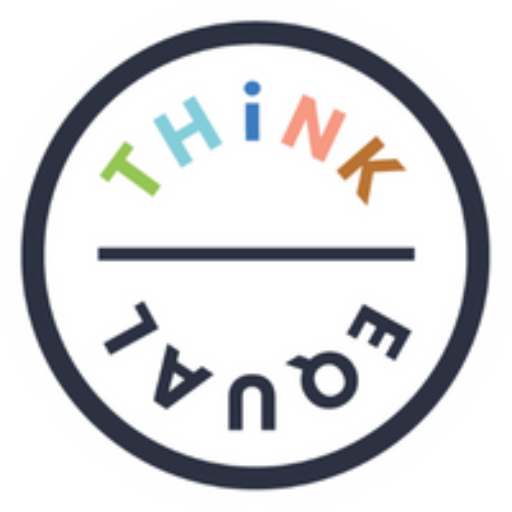Research & Evidence
The benefits of SEL (Social Emotional Learning)
Over the past six decades, numerous studies have evidenced the positive impact of high-quality SEL programmes in early childhood as lifetime effects.

Nobel laureate James Heckman found that SEL taught in early years not only has long term (into midlife) positive effects on crime, employment, health, cognitive and non-cognitive skills for the participant (Heckman and Karapakula 2019), but also benefits those around them (Heckman and Karapakula 2019b)

Children who learned SEL in ethnically diverse and urban areas demonstrated fewer emotional and behavioural challenges during their adolescent years (Durlak et al. 2008)

A systematic review and meta-analysis of 79 unique studies (across 6 continents) indicated significant improvement in social competence, emotional competence, behavioural self-regulation, emotional and behavioural problems, and early learning outcomes compared with control participants (Blewitt et al. 2018)
Think Equal has been peer-reviewed, advised on, and contributed to by a panel of experts including:
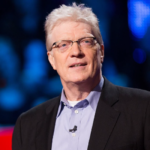
Sir Ken Robinson
World-renowned educationalist

Dr Urvashi Sahni
Founder of Study Hall Educational Foundation, Brookings Fellow

Dr Marc Brackett
Co-director of the Yale Center for Emotional Intelligence

Dr Robin Stern
Co-director of the Yale Center for Emotional Intelligence
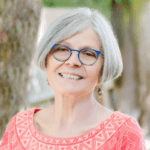
Barbara Isaacs
Montessori, Europe

Neuroscientist Professor Richard Davidson
University of Wisconsin-Madison

Brian O’Maoileoin
Primary School Principal, United World College of South East Asia
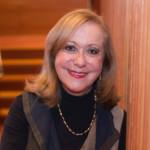
Vicky Colbert
CEO and Founder Fundación Escuela Nueva, Wise Education Laureate

Dr Sheila Wamahiu
Expert on value-based education Kenya
Think Equal includes three best-practice examples in the field:

Kindness Curriculum from the Center for Healthy Minds (created by Professor Richard Davidson)
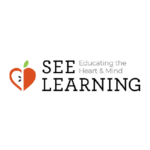
SEE Learning Curriculum from Emory University, endorsed by the Dalai Lama

RULER Programme from the Yale Center for Emotional Intelligence.
Learn more
Explore below the documents and evidence that support our programme:
